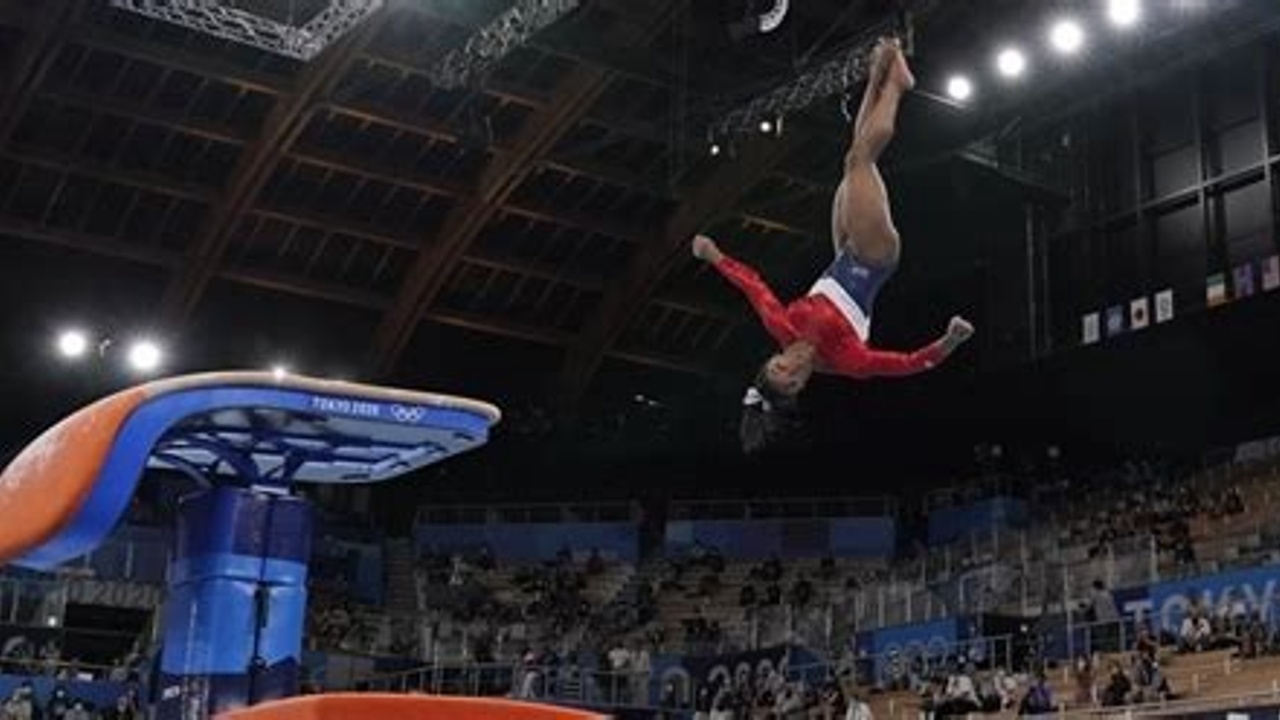A COACH'S LESSON - the Importance of the Mental Side of Sports for High-Performance
Oct 06, 2022
Recently I was reading about the mental side of sports performance and it reminded me of this fascinating article about Simone Biles’s I had previously read where it talks about her decision in stepping away from the Olympics competition, and it really made me stop and think.
It touches a topic that is getting more and more attention, as an increased number of brave athletes make important decisions and announcements to address issues related to their mental wellbeing. But what really struck me in this fascinating article was the detailed athlete’s perspective of the ‘twisties’. I really encourage you to read it to get an insight into one of the most EXTREME mental aspects of gymnastics.
For the sake of this reflection, a quick take on it is that the ‘twisties’ are what happens when gymnasts lose their focus while executing their incredible manoeuvres — there is a ‘detachment’ between their brain and body — which can lead to serious injury. Their painstakingly achieved instincts are momentarily lost, replaced by unhelpful thoughts.
I can only try to imagine what it’s like to be in the middle of a triple flip… and then a negative distracting thought enters my mind… and I lose my perspective of what I am meant to be doing and sense of spatial awareness. Now that would be terrifying!
This phenomenon really struck a chord as I tried to put myself in their shoes, and remembered a moment in University, where I had experienced my own version of the ‘twisties’.
I was delivering a really important presentation on my thesis and as I was talking about a topic I knew inside and out, I experienced a total mental blank. It was not just me merely forgetting what to say, but I also had a physical reaction, a strong sense of panic and loss of my sense of self. When I regained my awareness, I didn’t even know that I was at University doing a presentation.
Today I understand that it was a state of hyper arousal due to extreme anxiety which saw my brain literally commandeer my focus and consciousness as I entered a flight/flight/freeze state. In neuroscience this is called an 'amygdala hijack'. This was a formative moment in my life. From then on, I focused on learning my tell signs when I was beginning to experience this anxiety, and to find techniques to pre-emptively avoid this version of a ‘twistie’.
One technique I use for example is before any public speaking I repeat the words ‘playful, confident & insightful’ over and over to myself. These are the words I have chosen to represent the type of presentation I strive to deliver. So by repeating them over and over, both before and as I go on stage, I am keeping my mind focused on the positive state of delivery, keeping my thoughts away from noticing the anxiety and also creating the mood I want to convey to the audience.
The main takeaway from this reflection is, apart from the increased respect I now have for gymnasts, how critical is our mental state to our performance, no matter where we are & what we do. So ignore training the mental side of our performance at your peril.
We should be cognizant of how we are feeling and thinking when getting ready to play or work, and creating helpful mental habits that we can use when we lose our own sense of perspective. Techniques and knowledge from sport psychology and neuroscience can really help us bring this to life in the business world.
And these habits don’t affect just us — when we create an environment where support, open discussions and positive self-talk are the norm we will also be helping the people around us maintain a healthy and productive mental performance.
Cheers, Andy

